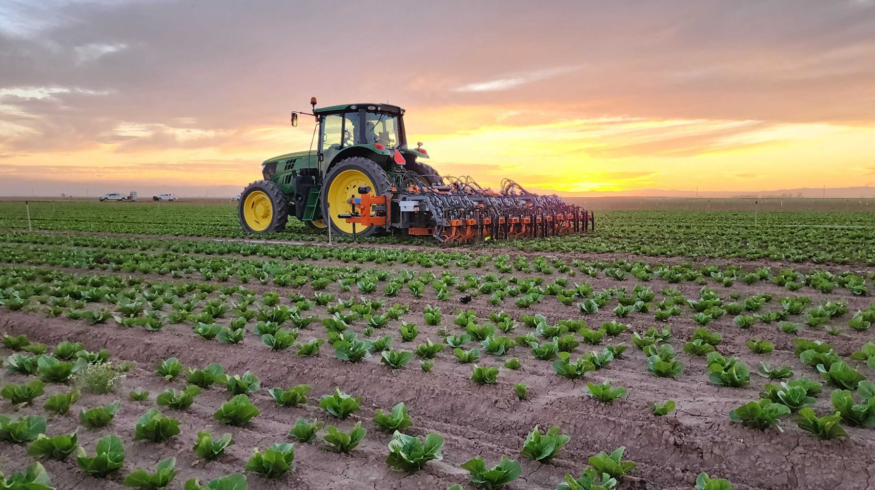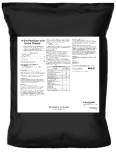FarmWise to close operations, exploring sale of its AI weeding technology

FarmWise, a Silicon Valley startup that raised $65 million to automate weeding with AI-powered robotics, is shutting down amid a slump in venture funding and financial pressures on farmers. The company is seeking a buyer for its technology, CEO Tjarko Leifer said.
“The resources we have on board just weren’t going to allow us, in our current configuration, to get to profitability,” Leifer said in an interview. “We hope to find a path for Vulcan to remain in the market.”
Economic pressures weigh on ag-tech adoption
Founded in 2016, FarmWise developed autonomous machines designed to reduce labor costs and reliance on herbicides. Its latest model, Vulcan, uses AI, computer vision, and robotics to identify and remove weeds. The company received backing from investors including Fall Line Capital, Alphabet’s venture arm GV, and Taylor Farms.
But rising interest rates and a downturn in venture capital investment have made it harder for startups to secure funding. At the same time, farmers are scaling back on new technology purchases amid higher input costs and economic uncertainty.
Leifer said FarmWise will continue supporting existing customers as it winds down operations, but he declined to provide a specific timeline. The company is also exploring potential acquisition or partnership opportunities to ensure its technology remains in the market.
A tough market for ag-tech startups
FarmWise’s shutdown underscores the challenges facing agricultural automation firms, which have struggled to gain widespread adoption among farmers wary of high upfront costs. While larger companies such as John Deere have also faced headwinds, they have the financial resources to weather economic downturns.
“It’s an unfortunate reality of a moment in time where customers are facing a lot of headwinds,” Leifer said. “Companies like John Deere are down, and they’ve got the kind of financial resources to withstand this. Startups have to be good and lucky, or at least not unlucky.”
Weeding, in particular, is a focal point for automation due to rising labor shortages, herbicide resistance, and regulatory pressures on chemical use. According to the U.S. Department of Agriculture, weeds cost American farmers an estimated $33 billion annually in lost crop yields, while weed control costs total around $6 billion each year.
Future of FarmWise’s technology
Despite the company’s struggles, Leifer remains bullish on the future of agricultural automation. “Bringing technology to agriculture is essential,” he said. “Labor availability and costs are an existential risk, and consumer preferences are shifting away from chemical herbicides.”
FarmWise’s fate serves as a cautionary tale for ag-tech startups navigating a more selective investment landscape. While automation remains a long-term trend, investors are increasingly scrutinizing business models and demanding clearer paths to profitability.
“The technology works, and we save our customers a lot of money,” Leifer said. “We’re confident that it can scale over time and be reliable. Making sure we do right by our customers is a top priority as we go through this transition.”
Enjoyed this story?
Every Monday, our subscribers get their hands on a digest of the most trending agriculture news. You can join them too!












Discussion0 comments